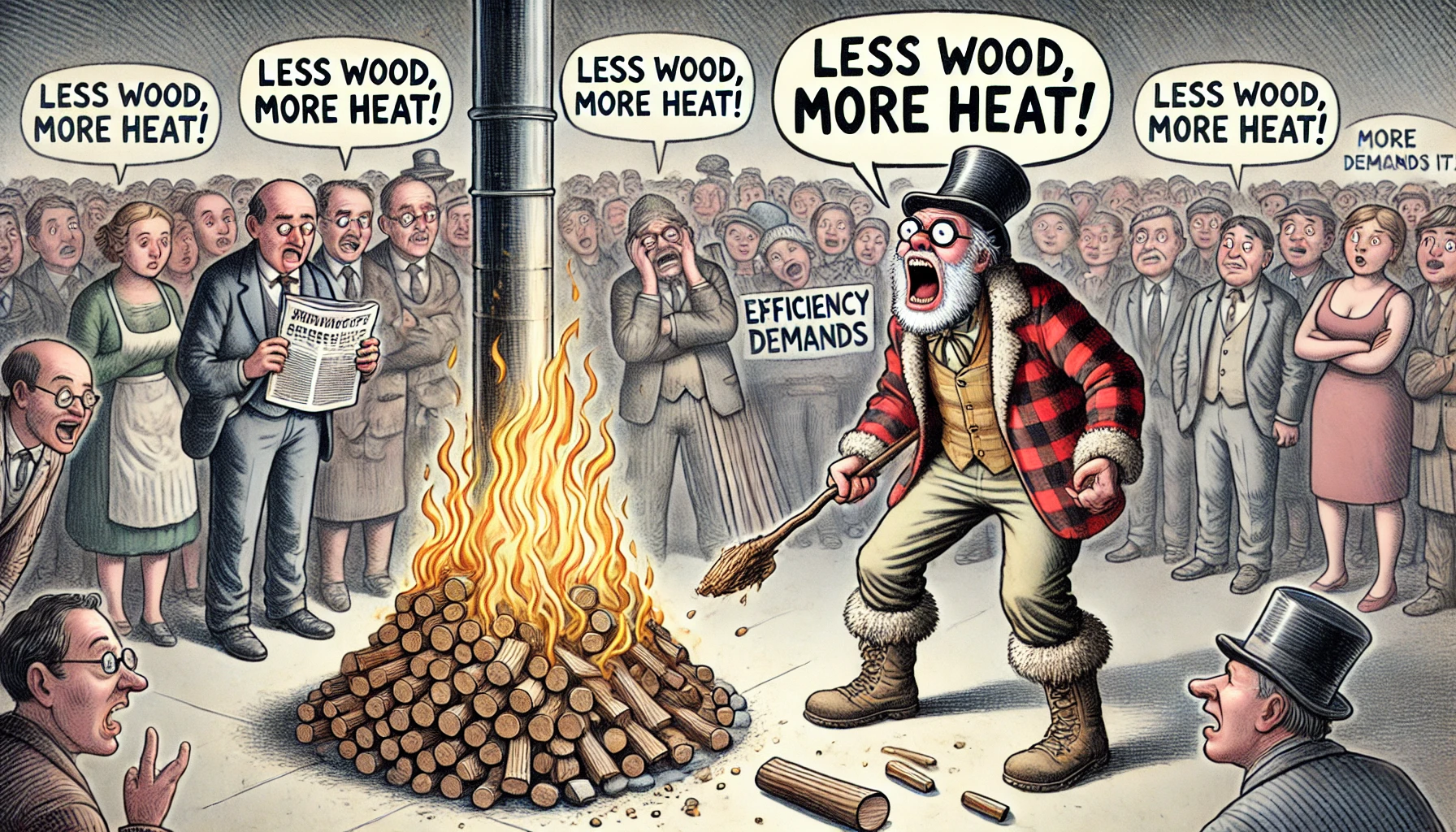You don’t have to be Oliver to want more. We all want more. From everything, and from everyone.
We want more from our employer. We want more from the supermarket when we get our weekly shop. We want more from our bank. We want more from the government or from our local council.
And we want to pay less.
Whether this attitude is greedy or just us being savvy, there is no harm in asking, is there?
Technology means that many things that used to be only available at a premium are now able to be delivered free or at minimal cost. Why shouldn’t we expect the people who we deal with to use technology to make things easier. And when they do, why shouldn’t we expect them to pass on the benefit to us. And likewise with any saving.
If we were prepared to pay £100 for someone to provide us with a service back in 2015 then presumably we are happy to pay the same amount in 2025? But we expect more. We expect that the benefit of any improvements to be passed on to us. So now we get more for our £100 than we did back then.
The problem comes when we only want to pay £75 for the improved service that we now get. If the service provider used to make £50 on our £100 service we now only want them to make £25. And we want more in return.
Basic economics mean that this simply cannot happen. If we expect a better service from a service provider who we also expect to make less then we delude ourselves. And eventually we force our service provider to cut corners. And when the service falls short because of it, we complain. And we talk with our feet – seeking out a service provider who we believe will give us all of the things that we want for the lower price that we expect to pay! And so the cycle continues.
Eventually we come to think that everyone is rubbish and moan about how good it used to be (when we paid more and got less…!)


Leave a Reply